Embracing Imperfect Motherhood
It’s so easy to slip into the mindset that every little choice we make is a referendum on our worth as mothers. We care SO much. We want a scoreboard, some sign that we’re doing this right. It is our kids, after all. But here’s the thing: there is no single “right” way to mother.









